


When it comes to personal injury cases, you likely hear about car accidents. But as an avid boater, it might be your water vessel that you are more worried about.
While the specifics of personal injury law varies by state when pertaining to boats, it’s important to be aware of the basics. No matter what type of boat you own, this guide will help your case in the event of an accident.
What are the most common boating accidents?
While all boaters hope that they will never be in an accident, it doesn’t hurt to know about the most common maritime incidents. Due to the sheer speed of boats, these accidents can often be quite dangerous. With 31 million people injured in the U.S. every year, about 2 million require hospitalization. Boating accidents specifically injure or kill about 4,000 people per year. Whether they are the drivers fault or not, these are some of the most common accidents that boaters face:
-
- Boat collisions
- Falling on or overboard
- Faulty anchoring and capsize
- Collision with property
- Hitting another boat’s wave
What usually causes boating accidents?
When a boating accident occurs, it’s important to attempt to pinpoint the cause. The following are some of the common causes of boating accidents:
-
- Intoxication
- Reckless driving
- Mechanical failures
- Increment weather
- Distracted driving
- Boating in dangerous area
Understanding the cause of your accident is the first step in receiving compensation for your injuries and damages to your boat. The tricky part is proving fault.
How can I prove fault if someone else caused my accident?
This is the most important aspect of any boating accident case when you are working with your insurance company and attorney.
If you get injured on a motorboat or a sailboat, you must be able to prove that your injury resulted from someone’s negligence in order to be able to recover damages from that person,” David Goguen writes on All Law. “The fact that you got hurt does not mean that anyone was negligent. Negligence is the failure to act with reasonable care.”
One of the most important steps you can take following your boating accident is to document everything. Take plenty of photos of your boat and injuries, as well as the rest of the accident scene. No matter the extent of your injuries, it’s important to see a doctor and obtain medical records. There are about 9,300 urgent care walk-in clinics in the U.S., with 50 to 100 opening every year. Find one of these to get checked out, or visit a hospital for more serious injuries.
With the right attorney and evidence, you increase your chances of being compensated.
“Just like in a car accident lawsuit, if a boater acted negligently and you became injured as a result, you are entitled to damages,” Goguen writes. “Your damages may include the reasonable value of your medical bills, your lost earnings and lost earning capacity, and pain and suffering.”
Just remember that the specifics of personal injury law and insurance coverage will depend on your state of residence. This is why professional advice is key. By taking the right steps and working with the right legal help, you can get back on the water as soon as possible.
Love the boat life? Check out these picks for your boating lifestyle:
Disclosure: This site may contain links affiliated with companies where we receive compensation. Also, as an Amazon Associate we may earn from qualifying purchases we refer but it does not impact the price you pay. Full disclosure policy.

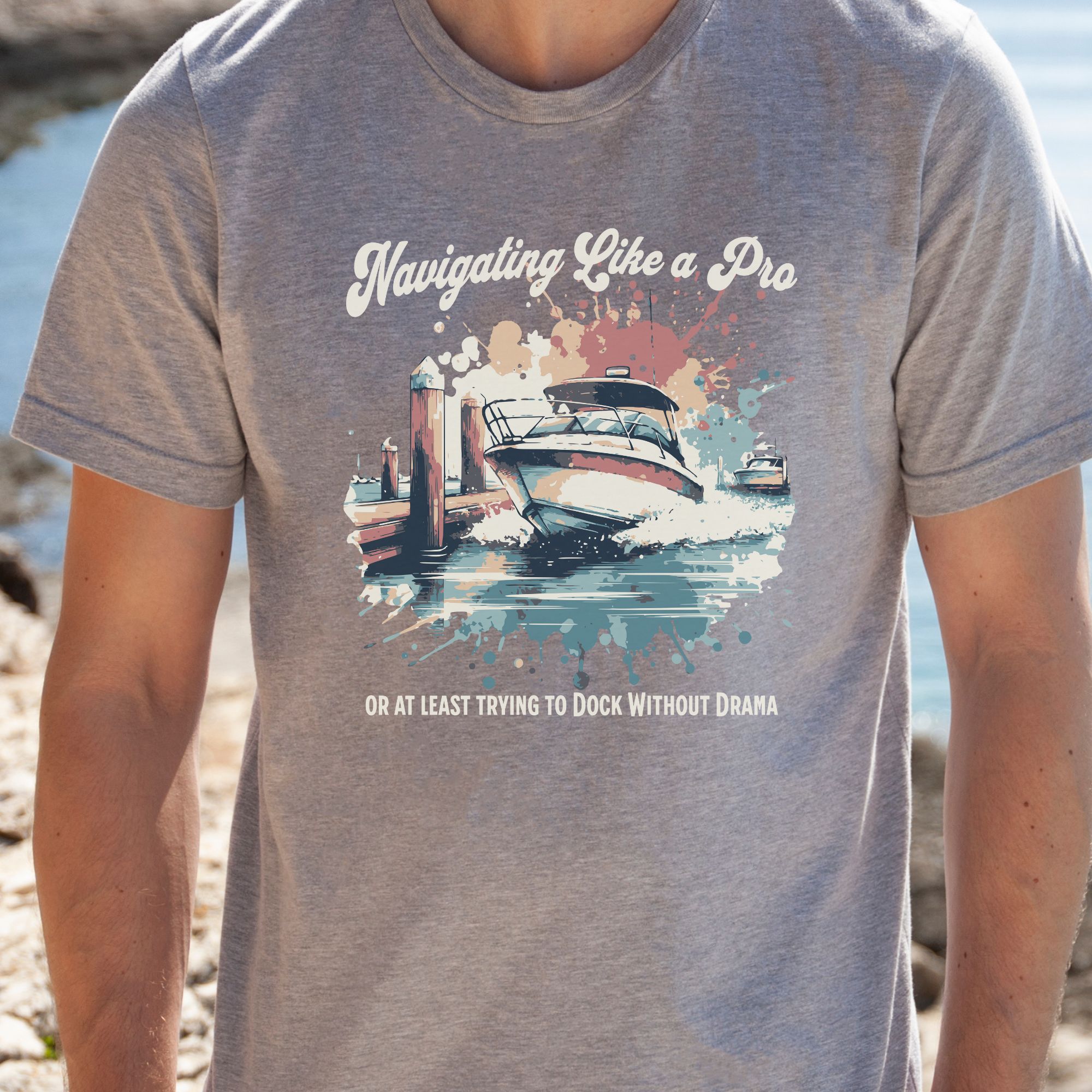
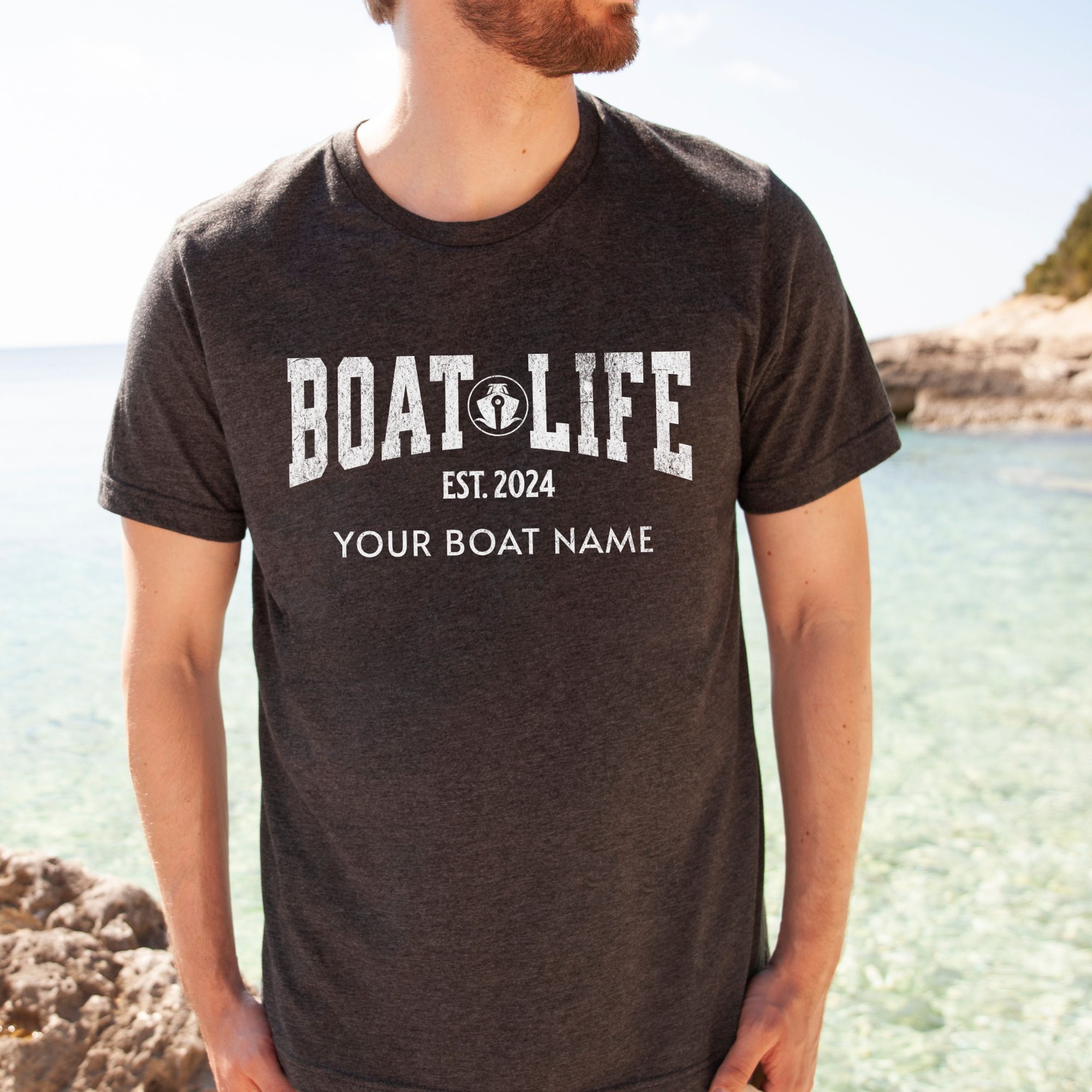
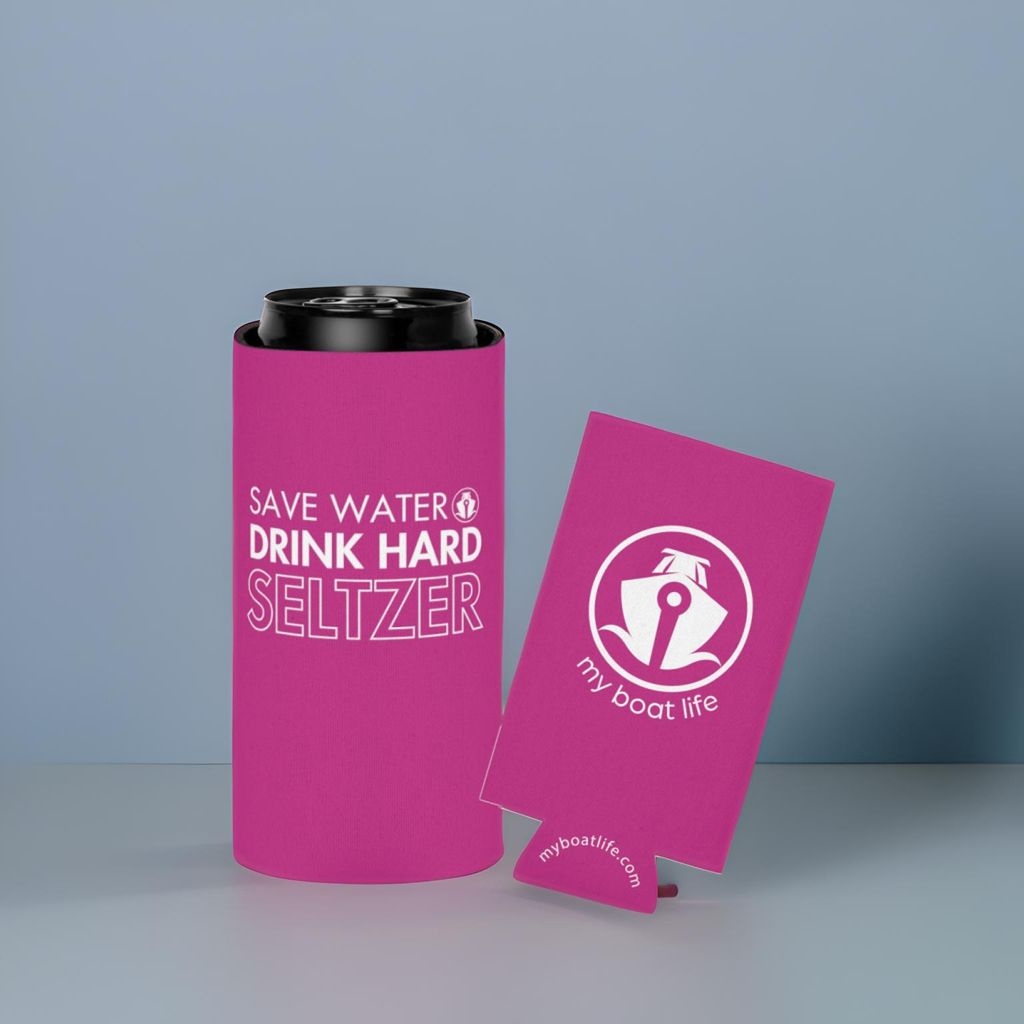
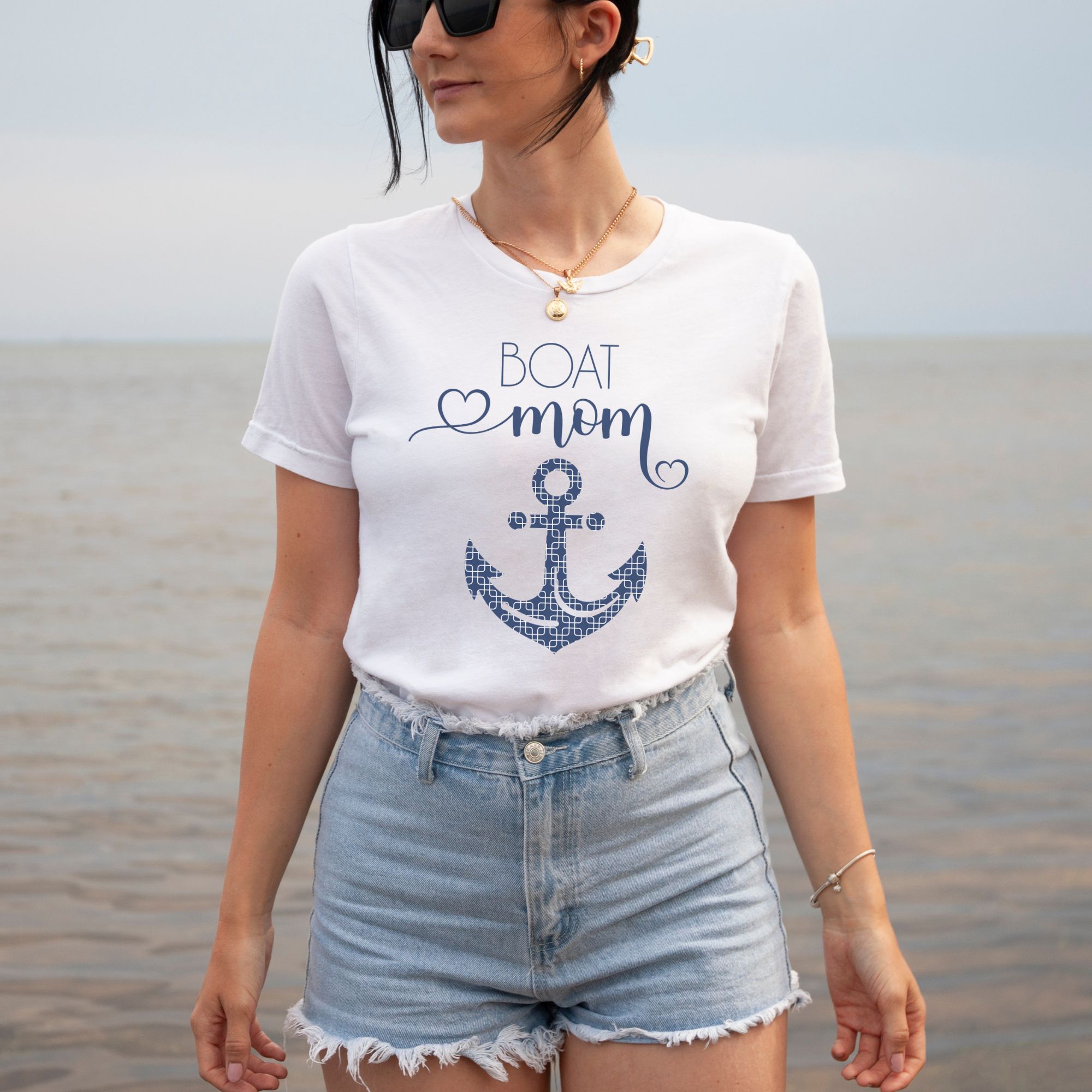
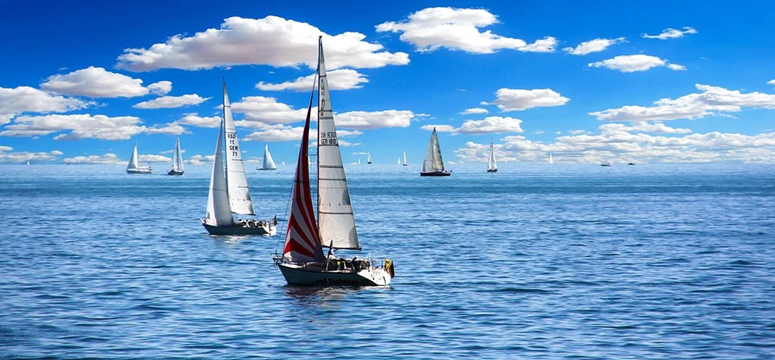


I agree, determining fault really is one of the most important aspects of a boating accident case. That is why hiring a boating accident lawyer is so important. After all, they usually specialize in watercraft accident cases, meaning that they will have the experience you need to handle your case.